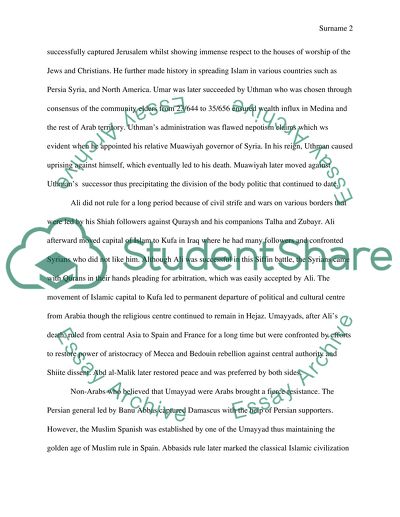Cite this document
(“Identify major Islamic eras and key figures in Islamic history who Essay”, n.d.)
Retrieved from https://studentshare.org/religion-and-theology/1471003-identify-major-islamic-eras-and-key-figures-in
Retrieved from https://studentshare.org/religion-and-theology/1471003-identify-major-islamic-eras-and-key-figures-in
(Identify Major Islamic Eras and Key Figures in Islamic History Who Essay)
https://studentshare.org/religion-and-theology/1471003-identify-major-islamic-eras-and-key-figures-in.
https://studentshare.org/religion-and-theology/1471003-identify-major-islamic-eras-and-key-figures-in.
“Identify Major Islamic Eras and Key Figures in Islamic History Who Essay”, n.d. https://studentshare.org/religion-and-theology/1471003-identify-major-islamic-eras-and-key-figures-in.


